
Ghana’s democratic credentials have long been admired across the African continent. Since the return to constitutional rule in 1992, the country has maintained relative political stability and a vibrant multi-party system. However, recent developments suggest that Ghana’s democracy faces a growing threat, the rising cost of political participation.
At a recent event hosted by the Open Society in Accra, the Executive Director of the Ghana Centre for Democratic Development (CDD-Ghana), Professor H. Kwasi Prempeh, revealed that it now costs approximately $200 million to contest and win a presidential election in Ghana. This startling estimate, reported by Citi FM, has sparked widespread public concern about the sustainability of our democratic process.
According to Prof. Prempeh, such excessive financial demands are increasingly making politics the preserve of the wealthy or those with access to powerful financiers. Even at the parliamentary or party primary levels, the financial barriers are almost insurmountable for many competent individuals who lack deep pockets. This development threatens the very foundation of Ghana’s democracy, which is supposed to ensure equal access and representation for all.
If political office is only accessible to the rich, meritocracy is undermined. Capable and visionary individuals are effectively locked out of the political process, due to financial constraints. Worse still, the dominance of money in politics raises troubling questions about the sources of campaign financing. Are these massive funds raised legally? Are foreign interests or criminal enterprises – such as illegal mining – silently influencing our political system?
The late Kofi Annan, former UN Secretary-General, repeatedly warned about the dangers of opaque political financing. He argued that when money dominates elections, governance becomes compromised and public trust erodes. Unfortunately, we seem to be heading down that very path. Voters are increasingly disillusioned and politicians often find themselves under pressure to recoup campaign expenses through questionable means once in office.
The situation is no better within political parties. Internal primaries are often determined by who can spend the most rather than who is best suited to lead. This monetisation of politics has created a transactional culture, where votes are traded for cash and favours, pushing values like integrity, competence and service further to the margins.
In response, institutions like the Electoral Commission (EC) must rise to their constitutional duties. Our 1992 Constitution and the Political Parties Act, 2000 (Act 574) clearly mandate political parties to disclose their funding sources, submit audited accounts, and avoid foreign donations. However, enforcement remains weak. The EC must act boldly to demand transparency and penalize parties that fail to comply.
Equally, the National Intelligence Bureau (NIB) has a role to play in monitoring political financing to prevent illegal or foreign interference in our democracy. Where there is suspicion of funding from illicit activities, swift investigations and appropriate sanctions must follow.
Ghana cannot afford to allow money to hijack its democracy. The cost will not only be the exclusion of capable leaders but also the erosion of public trust, the deepening of corruption, and the weakening of national institutions. Campaign finance reform is not optional it is a national imperative.
We call on political parties, civil society, and the public at large to reject the culture of money-driven politics. Leadership should be accessible to all Ghanaians, not just those who can afford to spend millions. If we fail to act now, we risk replacing our democracy with a system where power is bought, not earned and where national interest takes a back seat to private gain.
Let us rise to defend the integrity of our democracy.
The future of Ghana depends on it.
The post Editorial: The Rising Cost Of Politics And The Future Of Ghana’s Democracy appeared first on The Ghanaian Chronicle.
Read Full Story

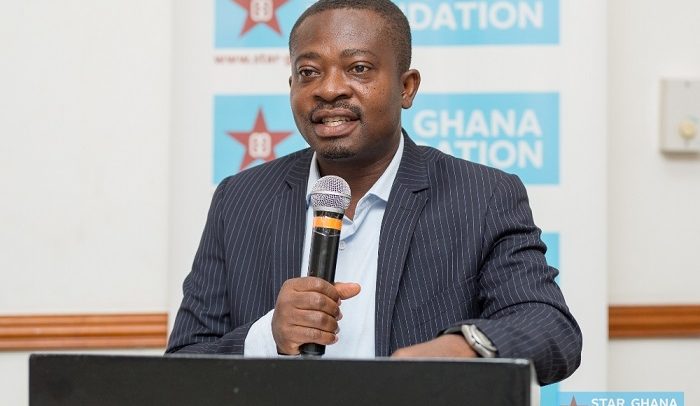

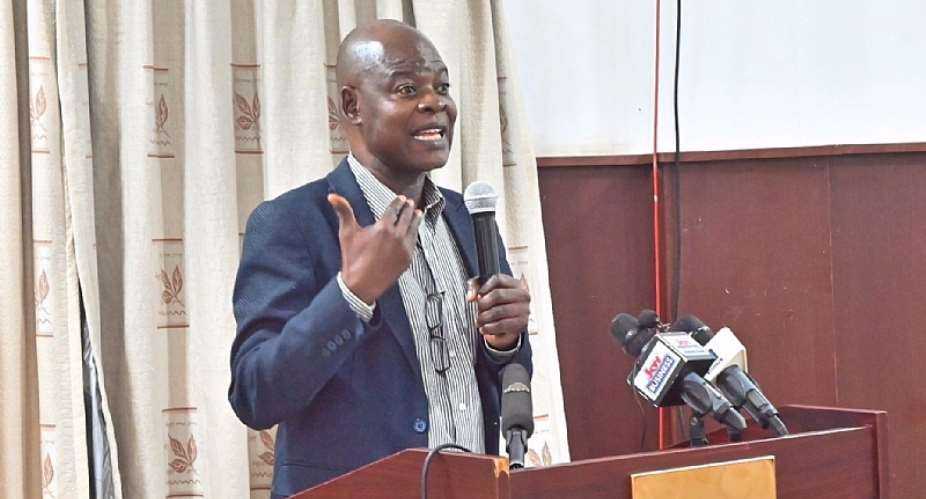



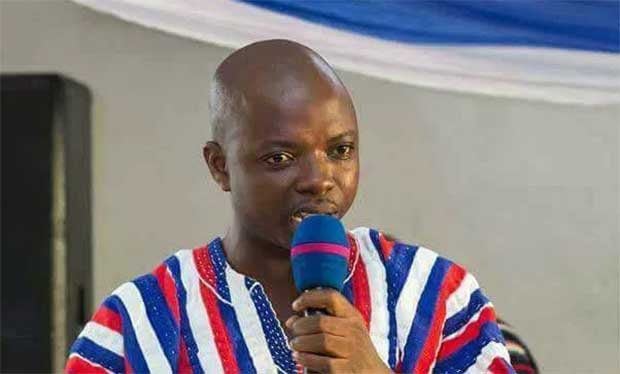





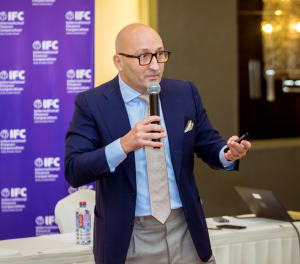
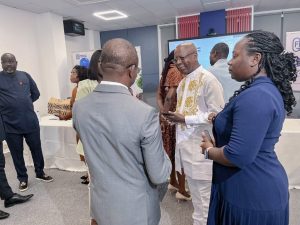

Facebook
Twitter
Pinterest
Instagram
Google+
YouTube
LinkedIn
RSS